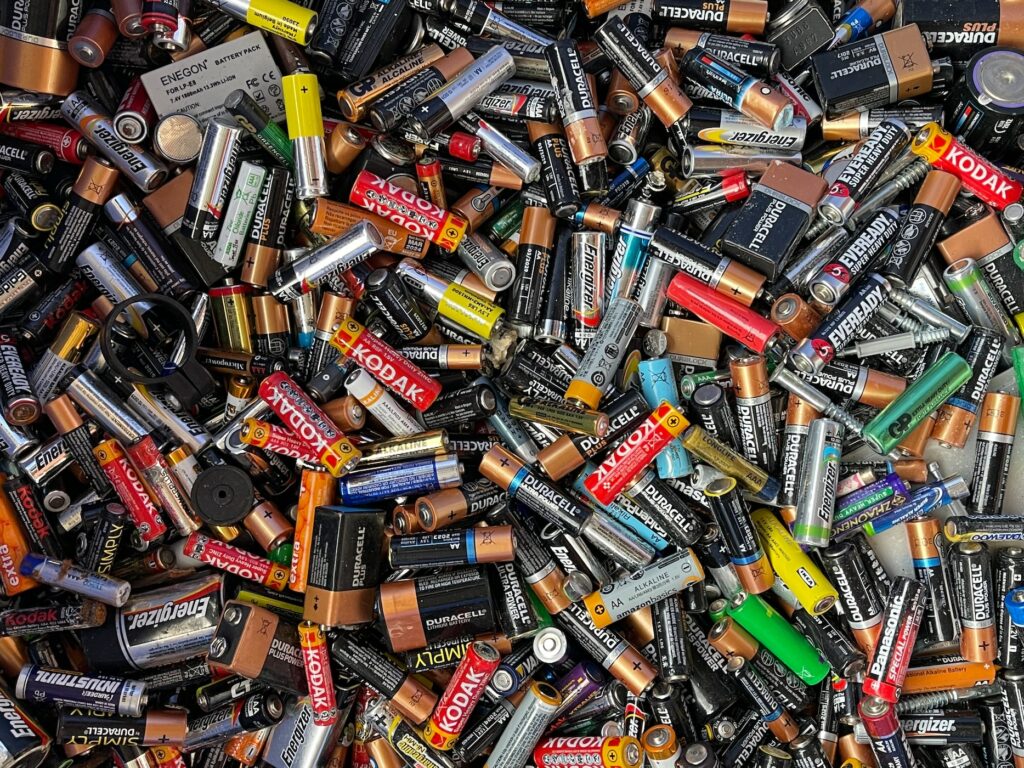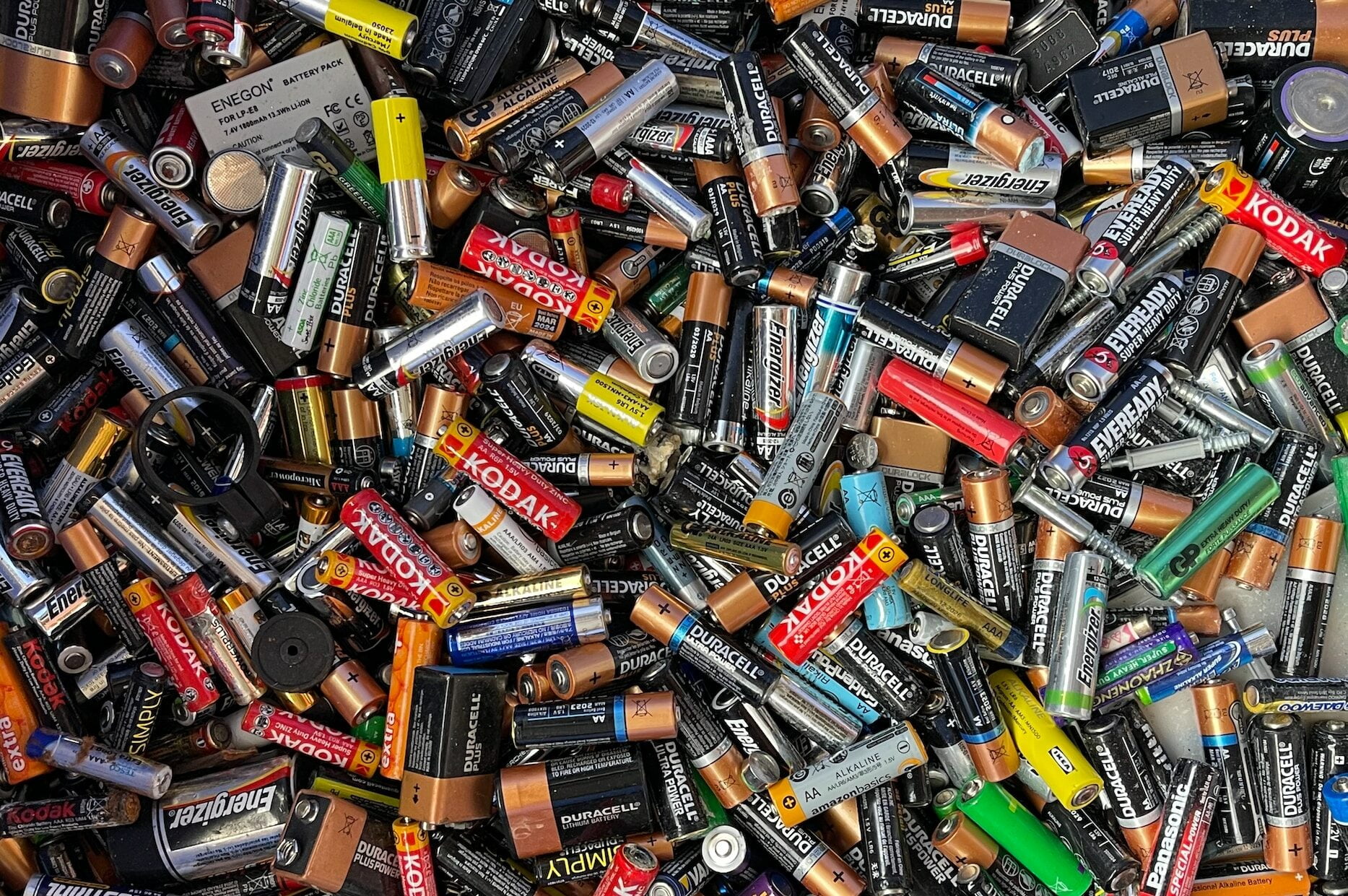Electronic waste, or e-waste, has become a growing environmental concern as the production and consumption of electronic devices continue to increase. Disposing of e-waste improperly can have serious environmental and health consequences. In this guide, we’ll discuss the importance of responsible e-waste disposal, the potential dangers of improper disposal, and the steps to recycle your electronics safely.

Why Responsible E-Waste Disposal Matters
E-waste refers to discarded electronic devices like smartphones, computers, televisions, and household appliances. When these devices are not disposed of properly, they can cause significant harm to the environment and human health for several reasons:
- Hazardous Materials: Electronic devices often contain hazardous materials, such as lead, mercury, cadmium, and brominated flame retardants. When e-waste is not disposed of properly, these toxic substances can leach into the soil, water, and air, causing environmental pollution and posing a risk to human health.
- Resource Depletion: Electronic devices contain valuable metals, such as gold, silver, copper, and palladium. Recycling these materials can help reduce the demand for mining and conserve natural resources.
- Waste Management: As the volume of e-waste grows, it places an increasing strain on waste management systems, contributing to landfill overcrowding and increasing the risk of environmental pollution.
Potential Dangers of Improper E-Waste Disposal
Improper disposal of e-waste can lead to several environmental and health hazards:
- Soil and Water Contamination: When e-waste is dumped in landfills, hazardous materials can leach into the soil and water, contaminating ecosystems and potentially entering the food chain.
- Air Pollution: Burning e-waste, especially plastics and metals, can release toxic fumes and chemicals into the air, contributing to air pollution and posing a risk to human health.
- Human Health Risks: Exposure to hazardous materials found in e-waste can lead to various health issues, including respiratory problems, neurological disorders, and reproductive issues.
How to Recycle Electronics Safely
To minimize the environmental and health risks associated with e-waste, you must responsibly dispose of your electronic devices. Here are some steps you can take to recycle your electronics safely:
- Research Local E-Waste Recycling Programs: Many cities and towns have designated e-waste recycling facilities or host periodic e-waste collection events. Contact your local waste management department or search online for e-waste recycling options in your area.
- Return Devices to the Manufacturer: Many electronic device manufacturers offer take-back programs that accept old devices for recycling or proper disposal. Check the manufacturer’s website or contact their customer service department for information about their e-waste recycling program.
- Donate or Sell Functional Devices: If your electronic device is still functional, consider donating it to a school, non-profit organization, or community center. Alternatively, you can sell your device through online marketplaces or local classifieds, extending its useful life and reducing the amount of e-waste generated.
- Utilize Retailer Recycling Programs: Some electronics retailers offer in-store recycling programs, where they accept old devices for recycling when you purchase a new one. Inquire at your local electronics store about their recycling program and any potential incentives for trading in your old device.
- Remove Personal Data: Remove all personal data before recycling or donating your electronic device. This may involve performing a factory reset, wiping the hard drive, or removing and destroying any storage media, such as hard drives or memory cards.
- Educate Yourself and Others: Spread awareness about the importance of responsible e-waste disposal and share information about local recycling programs with friends, family, and colleagues. Encourage others to adopt sustainable practices when it comes to electronic devices, such as repairing or upgrading existing devices rather than buying new ones.
Extended Producer Responsibility and E-Waste Legislation
In many countries, extended producer responsibility (EPR) laws and regulations have been implemented to encourage manufacturers to take responsibility for the end-of-life management of their products. These regulations often require manufacturers to finance e-waste recycling programs, establish collection systems, and meet specific recycling targets. Familiarize yourself with the e-waste legislation in your country or region, and support companies that comply with these regulations and prioritize sustainability.
Wrapping Up
As electronic devices become increasingly integral to our daily lives, we must handle e-waste responsibly to minimize environmental and health impacts. By recycling your electronics safely, returning devices to manufacturers, donating or selling functional devices, and spreading awareness about the importance of responsible e-waste disposal, you can contribute to a more sustainable future. Always research local e-waste recycling programs and legislation to ensure you dispose of your electronic devices in the most environmentally friendly manner possible.




